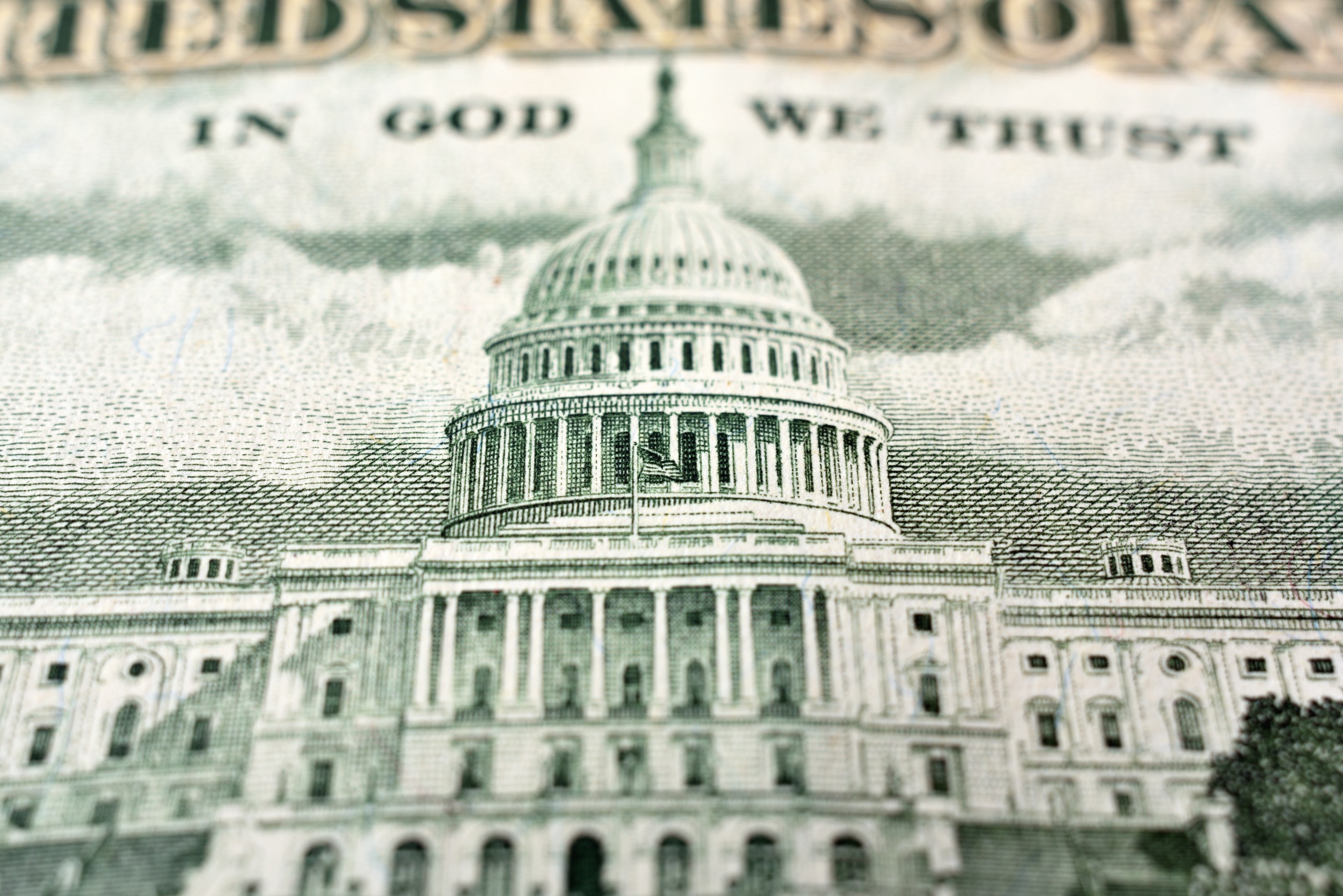What is the debt ceiling?
The debt ceiling is the maximum amount that the United States can borrow. When the debt ceiling is increased then the Treasury can borrow funds to pay for government obligations that have been approved by the President and Congress. The debt ceiling was raised on December 16, 2021 by $2.5 trillion making the ceiling $31.4 trillion which was expected to fund obligations through mid 2023. Congress had to address the debt ceiling again to avoid defaulting on financial obligations.
What did Congress decide on the debt ceiling?
Congress made a plan to suspend the debt ceiling through January 1, 2025. This two year suspension caps the total amount of money that the government is able to borrow. The suspension means that the debt ceiling will be set at whatever it reaches on January 1, 2025.
What are the elements of the debt ceiling deal?
The deal cuts non-defense discretionary spending which makes up one seventh of the government’s $6.4 trillion budget. This includes cuts to domestic law enforcement, forest management, scientific research, and more. The deal also will require borrowers to begin paying back their student loans this year, by ending the student loan payment suspensions. Additionally, the deal requires that older Americans receiving food stamps through the Supplemental Nutrition Assistance Program and recipients of aid through the Temporary Assistance for Needy Families Program. In 2025, the spending will be limited to 1% growth which is projected to to be slower than the inflation rate and should essentially function as a budget cut. This deal will retain climate measures and expedite a natural gas pipeline in West Virginia. Finally, the deal prevents the debt ceiling from being extended again.
What are the consequences of the debt ceiling deal?
Most economists predict that the debt ceiling deal will have limited economic impact. While it will negatively impact people receiving covid relief, food stamps, and with student loans, there are provisions to protect veterans’ health care. If the government did not pass a debt ceiling deal, and defaulted on the debt, it would have detrimental effects on the economy. The first people affected by a default are people relying on the government for some kind of assistance or payment. This includes military, recipients of social security, and federal employees among others.








